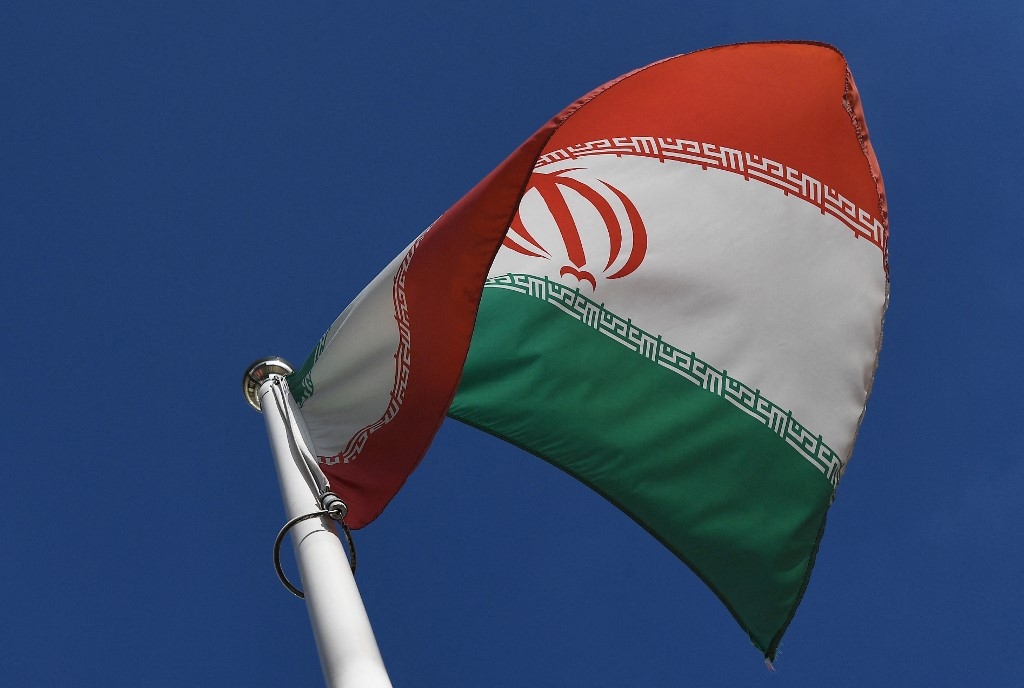Israel accuses Iran of providing Venezuela with munitions for drones

Israel on Tuesday accused Iran of planning to arm drones supplied to Venezuela with precision-guided munitions, in remarks analysts said were intended to cause alarm among its US audience, as world powers try to conclude a new nuclear deal with Tehran.
Israeli Defence Minister Benny Gantz was speaking to US-Jewish leaders in Jerusalem, giving a briefing accompanied with photographs showing what he described as an Iranian Mohajer remotely piloted aircraft drone in Venezuela.
"Our assessments show that Iranian PGMs [precision-guided munitions] are being delivered for these UAVs [unmanned aerial vehicles] and other similar models," Gantz told the Conference of Presidents of Major American Jewish Organisations.
The US has long accused Venezuela of supporting Tehran and its Lebanese-based proxy, Hezbollah.
Washington says Caracas provided the group with training camps on Margarita Island, just off the Venezuelan coast, while working alongside Tehran and its proxies in the lucrative smuggling of gold and narcotics from South and Central America.
Stay informed with MEE's newsletters
Sign up to get the latest alerts, insights and analysis, starting with Turkey Unpacked
"I can tell you that in my meetings with partners from around the world, including African and Latin American partners, I heard extreme concern about Iranian support for terrorism," Gantz said.
Iran denies supplying military drones to any of its allies and has denied seeking nuclear arms or supporting terrorism.
Venezuela and Iran, two major oil-producing countries, are both OPEC members. However, US sanctions have crippled their economies and stymied much of their ability to export crude.
Isolated by the global financial system, they have engaged in their own oil deals. In 2021 they struck a contract to swap Iranian condensate - an extremely light oil - for Venezuelan heavy crude. The move was seen as a boost to the Latin American country's efforts to export its crude products.
The two countries have also traded Iranian gasoline for Venezuelan jet fuel, which has helped ease the scarcity of motor fuels in the South American nation.
Earlier this year, Venezuelan President Nicolas Maduro said he would soon visit Iran and its ally, Syria, to sign new cooperation agreements.
Gantz's comments come as Israel girds itself for the potential revival of the 2015 nuclear deal. Israel supported the Trump administration's withdrawal from the deal in 2018, and has recently raised concerns over a return to the agreement.
"A nuclear deal, if signed with Iran, does not mark the end of the road," Gantz said. "We need to have offensive capabilities and a set of sanctions ready in our back pockets in case Iran violates a future agreement."
Middle East Eye delivers independent and unrivalled coverage and analysis of the Middle East, North Africa and beyond. To learn more about republishing this content and the associated fees, please fill out this form. More about MEE can be found here.





